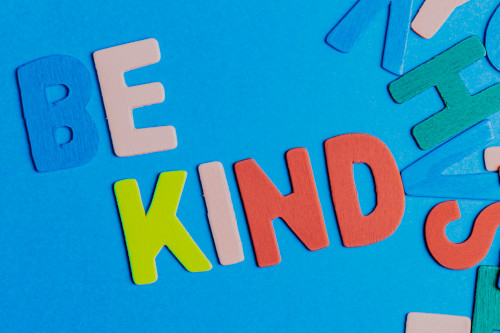The question of cannabis comes up frequently both in my professional setting and amongst people I socialise with and the school community in which I am involved. I do not profess to be an expert in this area, either clinically or in terms of policy, but I do have my own thoughts and professional experience around cannabis.
7.6% of the UK population reported using cannabis in the previous 12 months. In the US, 17% of American adults report they smoke marijuana, that is a 10% increase on reported use in the past 10 years (not accounting for usage in those who are under 18).
One of the most rewarding aspects of the development of our services at PBH has been the role of Case Management and Behavioural Health Coaching to assist individuals and families impacted by psychotic illness. Psychosis and schizophrenia can be devastating and can alter lives forever, not only for the afflicted but also for the affected. Schizophrenia is mostly managed using medication which can have pretty severe side effects and often those affected will stop taking medication against medical advice. This can lead to readmission to hospital for long periods of time, distress and disruption both to those who care about and for the person afflicted. We are immensely proud of the positive impact we have been able to have on families in terms of monitoring, medication compliance, socialisation and more for families experiencing this.
One of the trends we have noticed is that every single call we have had about someone being admitted for psychotic illness to hospital involves someone who was also using cannabis. They were also all between the age of 15 and 40 (which is the age where psychotic illness is most likely to present itself). I asked one of the psychiatrists we work with how effective rapid hospitalisation was following a psychotic episode and he told me that 50% recovered and 50% remained with a psychotic (schizophrenia) diagnosis. Those are terrible odds!
So, what has this got to do with my views on cannabis? Well, the research around cannabis and psychotic illness is far from complete. We know there is a much higher incidence and correlation between cannabis use and schizophrenic disease. There is no definitive evidence on cause or effect. We do know that there is a higher risk of schizophrenic illness in certain individuals and often it co-occurs with anxiety or depression symptoms.
If I look at my own family history, I can see a multi-generational vulnerability to mental health issues. High incidences of addiction (so, more likely to get hooked on cannabis), higher than average incidences of depression, anxiety and psychosis. I very rarely come across cases of psychotic illness and other drugs, so cannabis use is of great concern to me personally in relation to my children. I am fairly confident of my ability to guide people through the often difficult path of alcohol and other drug dependency to a better place or recovery in whichever form that comes, but I have very little faith in my or anyone else’s ability to do little more than manage or suppress symptoms of schizophrenia and make some lifestyle improvements.
I don’t believe in the criminalisation of drug users, and firmly believe that for many people cannabis can have beneficial effects as they report, in the same way that other drugs can have. I also believe the risk is small, but, and for me it is a very big but. For some, cannabis can increase the likelihood of psychotic illness and that may have life altering consequences ,so, of all the drugs out there, it is the one I will be most wary of with my own children due to our own specific background and history. This does not mean it is the same for you or your family, but it is one that really deserves more thought than I sometimes see. The effect of legislative change around cannabis does not, in my opinion, mean that we have all the answers as some people may think as the factors which involve legislative change are not confined to healthcare or wellbeing.












